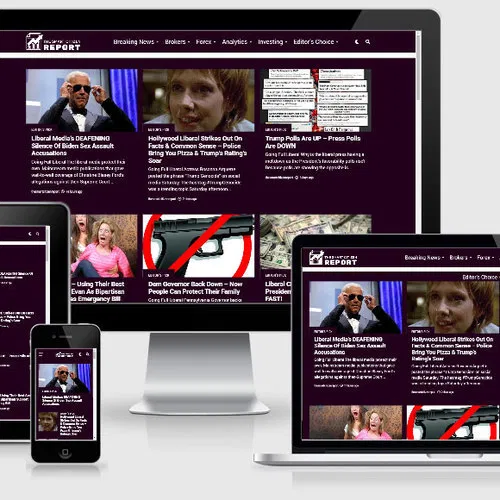- House Republicans narrowly passed a budget resolution that addresses government funding for the rest of fiscal year 2025. The bill also seeks budget cuts to pay for President Trump’s agenda and raises the debt ceiling by $4 trillion.
- Many Republicans weren’t happy with the measure because it would add hundreds of billions to the national debt over the next few years. However, only one ultimately voted against it.
- Democrats unilaterally opposed the bill because it would require broad cuts, which they say would hurt families.
Full Story
House Republicans narrowly passed a budget resolution Tuesday evening, Feb. 25, on a party-line vote that saw one defection –– Rep. Thomas Massie, R-Ky., voted no. It’s an all-encompassing package that covers funding for the rest of fiscal year 2025. It also sets budgetary levels for fiscal years 2026 through 2034 and lifts the debt ceiling by $4 trillion.
The bill also instructs committees to examine $1.5 trillion in budget cuts to fund President Donald Trump’s border security, energy and tax policies.
How did the bill pass, and what hurdles did it face?
Getting the bill passed required serious arm twisting. Up to four Republicans were going to vote against the resolution as they walked in the door. GOP leadership stalled as they worked to change their minds. Additionally, President Trump personally called those holding out.
In the end, they could not change Massie’s mind.
“We’re going to add $328 billion to the deficit this year. We’re going to add $295 billion to the deficit the year after that and $242 billion to the deficit after that. Under the rosiest assumptions, why would I vote for that?” Massie said.
.@RepThomasMassie on budget resolution: “They convinced me in there. I’m a ‘no.’ If the Republican plan passes…we’re going to add $328 billion to the deficit this year. We’re going to add $295 billion to the deficit the year after that…why would I vote for that?!?” pic.twitter.com/xGLSM9mn3R
— CSPAN (@cspan) February 25, 2025
Straight Arrow News asked Rep. Mike Lawler, R-N.Y., “As Republicans preach fiscal responsibility, how does a bill that adds that much money to the deficit this year align with that value?”
“Well, first of all, when you are trying to unwind 30-plus years of bad fiscal practice, you’re not going to do it all at one time. I mean, that’s just a reality unless you make draconian cuts,” Lawler said. “And so I think part of this is working to bend the curve, stop the outrageous growth in spending that we saw under the Biden administration, $7 trillion in, you know, budget, 36 trillion in debt.”
Where were the Democrats in all this?
Republicans passed the resolution by themselves and left Democrats out of the process entirely. Earlier in the day, House Minority Leader Hakeem Jeffries, D-N.Y., said Democrats would not provide a single vote to help Republicans get the bill over the finish line. They kept their word.
“Donald Trump, the administration and House Republicans are hurting the American people,” Jeffries said. “It’s unacceptable, unconscionable, un-American, and we are not going to stand for it one minute.”
Democrats opposed possible cuts to Medicaid and said the budget would harm families, children and those in need.
Even Republicans who voted for it admitted it was not what they had hoped it would be and that they had to be convinced.
“I still have my reservations, still concerned it’s not fiscally responsible enough, but I think it’s the best thing we’re gonna get,” Rep. Rich McCormick, R-Ga., said before the vote. “And if we don’t pass it, the Democrats get their way, and that’s never let good be the enemy of great.”
This resolution is, in many ways, just the beginning. Congress still needs to get all funding in line before March 14 to avoid a government shutdown. Committees are just beginning to find places to make cuts.


































































































